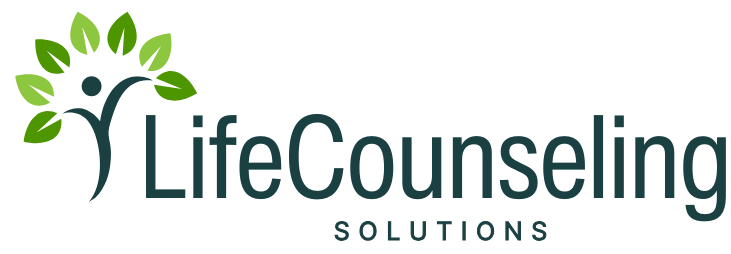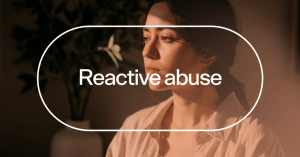The bond between parents and their children is often seen as a source of unwavering support and unconditional love. However, this is not always the case. Toxic relationships between adult children and their parents can lead to significant emotional distress and impact overall well-being. Understanding these dynamics and finding ways to navigate them is crucial for maintaining mental health and personal growth.
Recognizing Toxic Patterns
Toxic relationships are characterized by behaviors that are emotionally and sometimes physically damaging. Common toxic patterns in parent-child relationships include:
- Control and Manipulation: Parents may exert control over their adult children’s lives, using guilt or manipulation to influence their decisions.
- Lack of Boundaries: Persistent intrusions into personal lives without respecting boundaries can cause significant strain.
- Emotional Abuse: This includes criticism, belittling, or invalidating the adult child’s feelings and experiences.
- Dependency: Either party may rely excessively on the other for emotional support, leading to an unhealthy dependency.
The Impact of Toxic Relationships
The effects of toxic relationships between adult children and their parents can be profound, including:
- Emotional Distress: Constant stress, anxiety, and feelings of inadequacy.
- Low Self-Esteem: Persistent negative interactions can erode self-worth.
- Interpersonal Difficulties: Struggles in forming and maintaining healthy relationships with others.
- Mental Health Issues: Increased risk of depression, anxiety, and other mental health disorders.
Strategies for Coping and Healing
- Establish Boundaries: Clearly define what behaviors are acceptable and what are not. Consistently enforce these boundaries to protect your emotional well-being.
- Seek Support: Engage in therapy or counseling to gain insight and develop strategies to cope with the toxic dynamics. Support groups can also provide a sense of community and understanding.
- Limit Contact: In extreme cases, it may be necessary to limit or cut off contact with a toxic parent. This can be a difficult but essential step for preserving mental health.
- Practice Self-Care: Engage in activities that promote physical and emotional well-being. Prioritize your needs and make time for relaxation and enjoyment.
- Develop Assertiveness: Learn to communicate your needs and feelings assertively without being aggressive. This helps in standing up for yourself while maintaining respect in the relationship.
- Focus on Personal Growth: Invest time in personal development. Pursue hobbies, education, or career goals that foster a sense of accomplishment and independence.
 Building Healthier Relationships
Building Healthier Relationships
If both parties are willing, it’s possible to work towards a healthier relationship. This involves:
- Open Communication: Honest discussions about feelings and behaviors can pave the way for understanding and change.
- Mutual Respect: Both parties must respect each other’s autonomy and individuality.
- Professional Help: Family therapy can provide a structured environment for addressing issues and developing healthier interaction patterns.
Navigating a toxic relationship between adult children and their parents is challenging but not impossible. Recognizing toxic patterns, establishing boundaries, seeking support, and focusing on self-care are crucial steps towards healing. With effort and commitment, it’s possible to either improve the relationship or create a safe distance to protect one’s mental health. Remember, prioritizing your well-being is essential, and seeking help is a sign of strength, not weakness.
Author: Maisie Alicea







